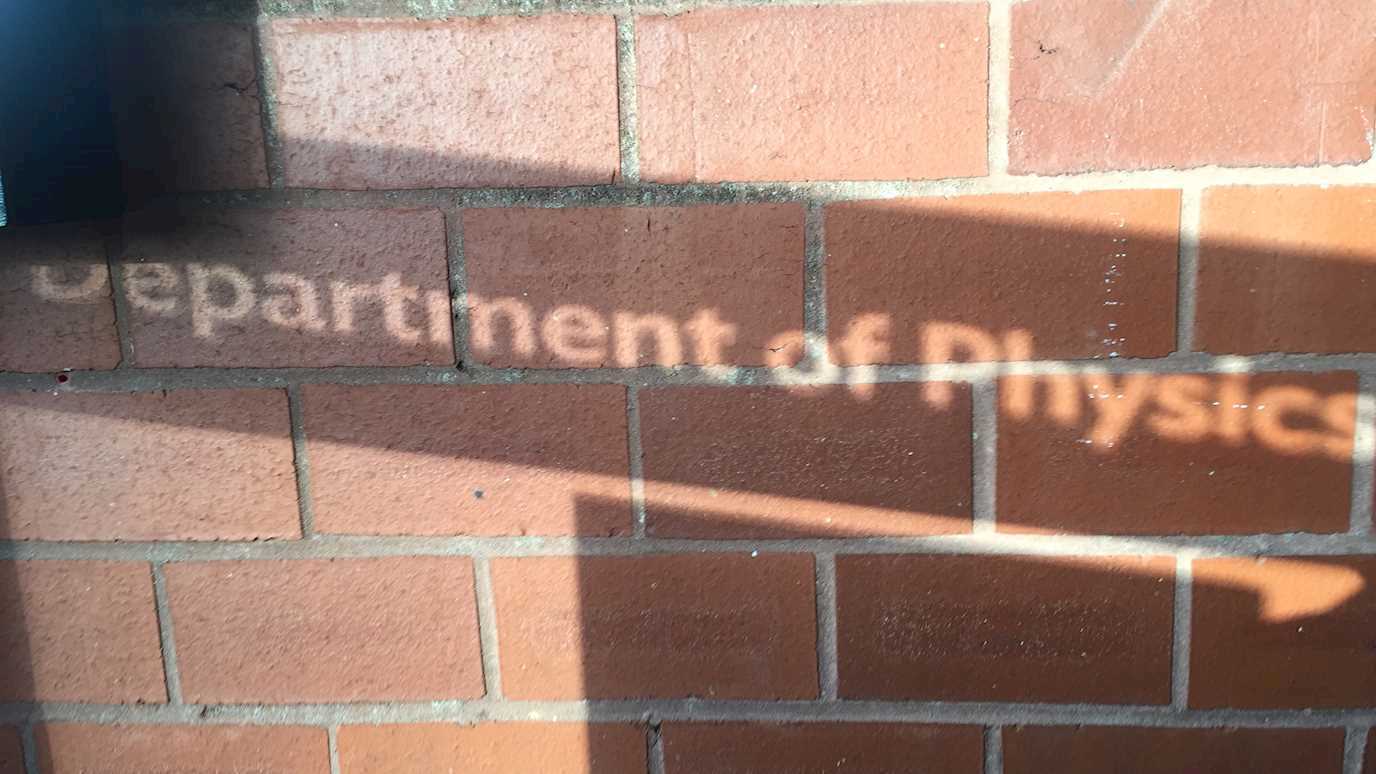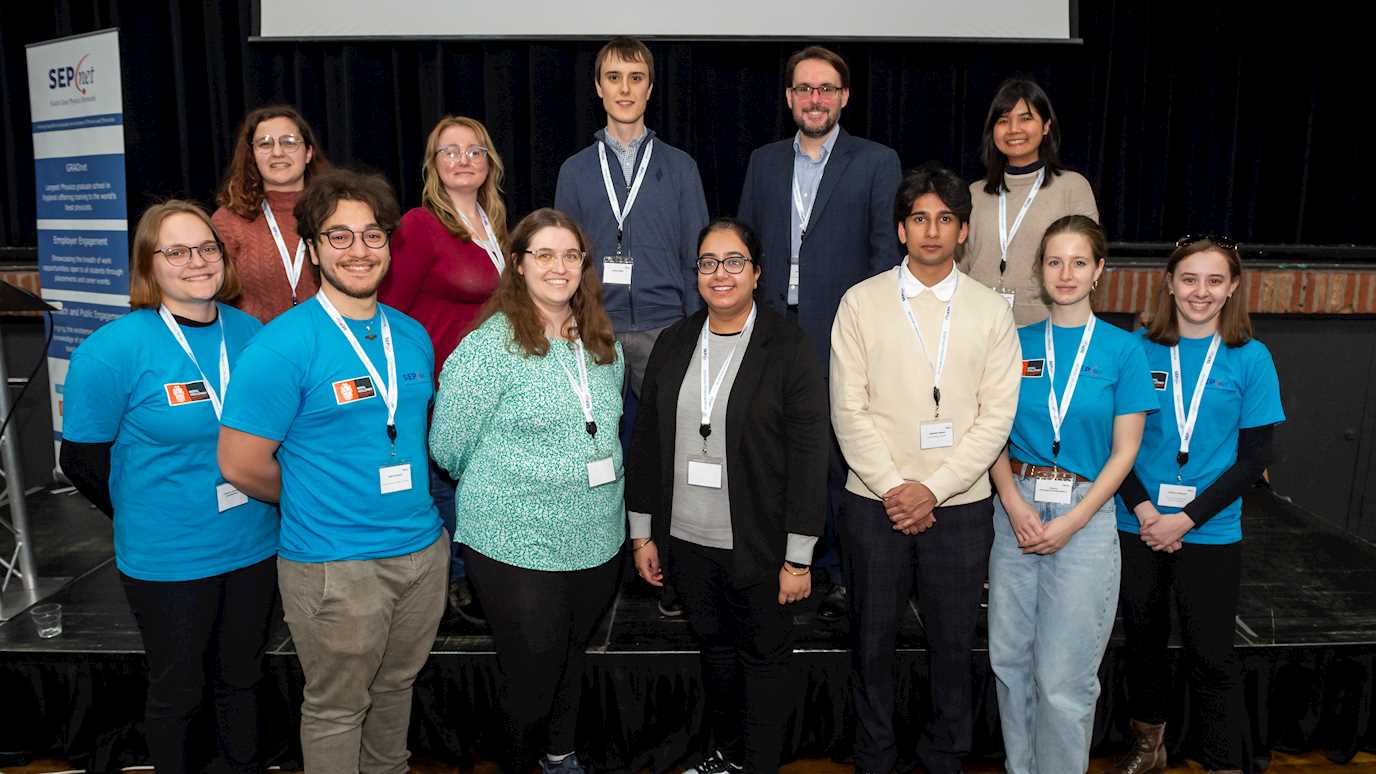Oleg Savchenko
Simulation-based inference (SBI) enables Bayesian analysis of complex cosmological data when only a forward model is available. In this talk, I will present recent advances and applications of SBI to cosmology.
First, I will show how field-level SBI can reconstruct cosmological fields from incomplete and noisy data. Using Gaussian neural posterior estimation with trainable mean and covariance, and combining classical solvers with neural networks, our method is capable of capturing complex spatial correlations, denoising observations, and probabilistically unmasking missing regions. We demonstrate this on the challenging task of inferring the 3D dark matter field and its initial conditions.
Next, I will discuss how SBI accelerates parameter inference for Stage IV LSS surveys such as Euclid, achieving up to ~40-60 speedups over classical MCMC. Finally, I will describe a method for integrating SBI with probes that have explicit likelihoods that cannot be easily turned into simulators—such as the Planck CMB data—by constructing effective simulators from existing posterior samples. I will showcase this method for constraining the evolving dark energy equation of state and show that the inclusion of future Euclid photometric data could raise the detection of evolving dark energy from 3σ to 7σ.


























